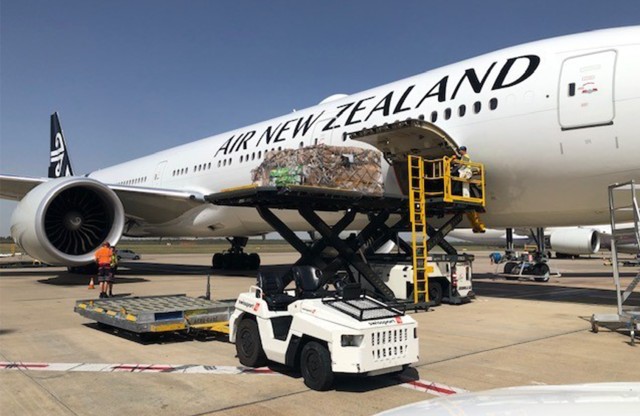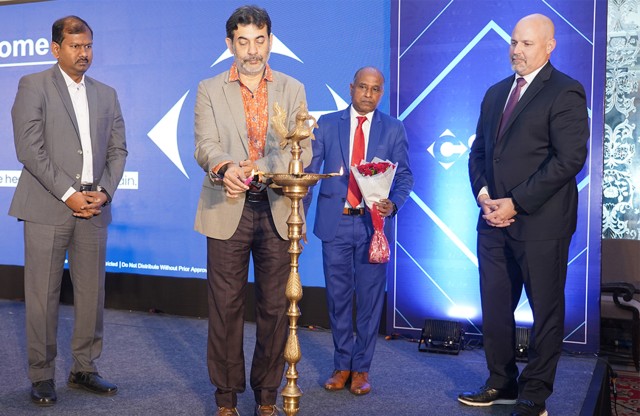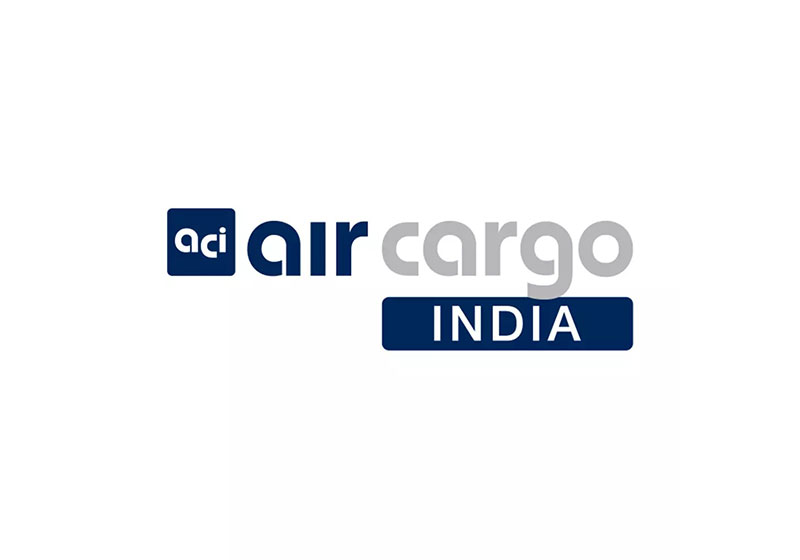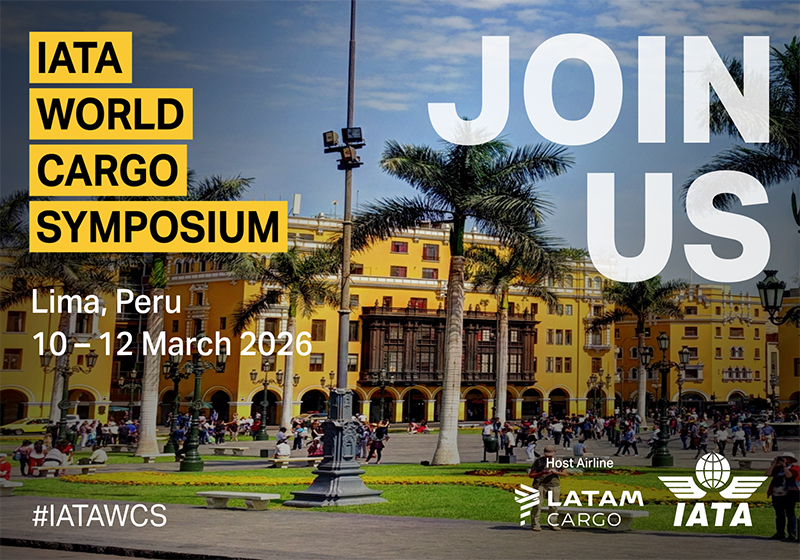At the Netherland-America Foundation's (NAF) prestigious annual ball in New York, Air France KLM Martinair Cargo (AFKLMP Cargo) presented its Sustainability Award to DHL Global Forwarding. This award, received by DHL Global Forwarding’s Americas CEO, Tim Robertson, is not only a clear sign of appreciation for the partnership between AFKLMP Cargo and DHL, but also important recognition of DHL Global Forwarding's sustainability leadership in the logistics sector.
Earlier this year, DHL Global Forwarding and Air France KLM Martinair Cargo announced a groundbreaking agreement under which DHL purchased 33 million litres of Sustainable Aviation Fuel (SAF) from AFKLMP Cargo for the period 2022-2024.
Both parties have now agreed to further intensify this partnership by expanding their focus on SAF to include the collaborative development of other sustainability initiatives. Both parties possess valuable knowledge and expertise. Joining forces in this way allows them to create synergies that will enable decisive action to be taken to increase the sustainability of air-freight chain logistics.
“This award is for everyone at DHL Global Forwarding that is collaborating to make our business more sustainable,” says Tim Robertson, CEO of DHL Global Forwarding Americas. “SAF plays an important role in our GoGreen Plus service and ultimately on our way towards reaching our goal of net zero carbon emissions by 2050 and we could not have done it without our partners at Air France KLM Martinair Cargo. I am extremely proud of what we have achieved so far, and cannot wait to see what we’ll continue to achieve together.”
GertJan Roelands, SVP Commercial at AFKLMP Cargo explains: "We are very happy and honoured to have built such a strong partnership with DHL Global Forwarding and specifically in the field of sustainability. This clearly shows that only through a shared vision and tangible collaboration can we bring about the necessary changes in our airfreight industry. We are convinced that the willingness of companies to reduce their logistics activities' carbon emissions will increase, as will the commitment to SBtivalidated targets for 2030 and the ultimate goal of net zero CO₂ by 2050.”
“We are seeing that customers who budget for the use of SAF and view it as an investment in sustainability, are more successful in meeting their CO₂ reduction targets for air freight compared to companies who view the use of SAF purely as a logistics cost.”






